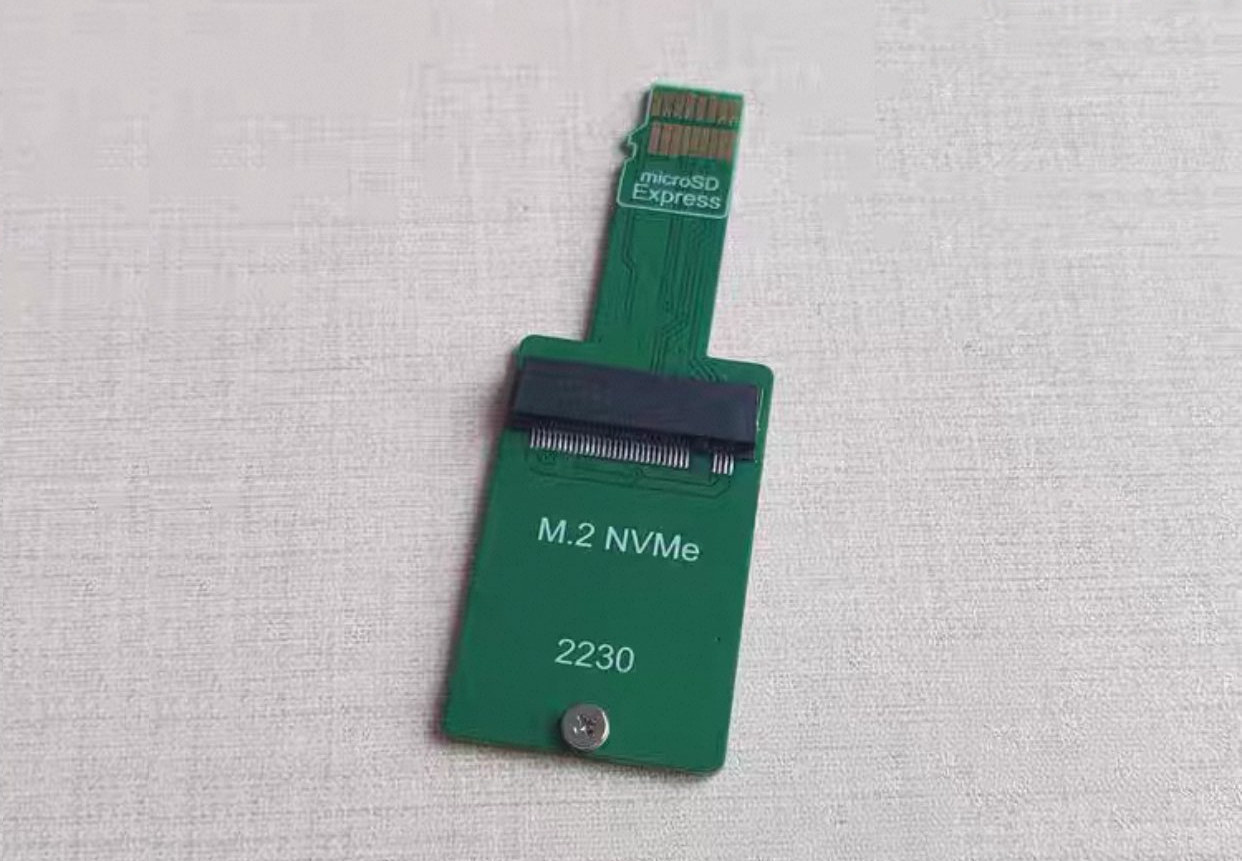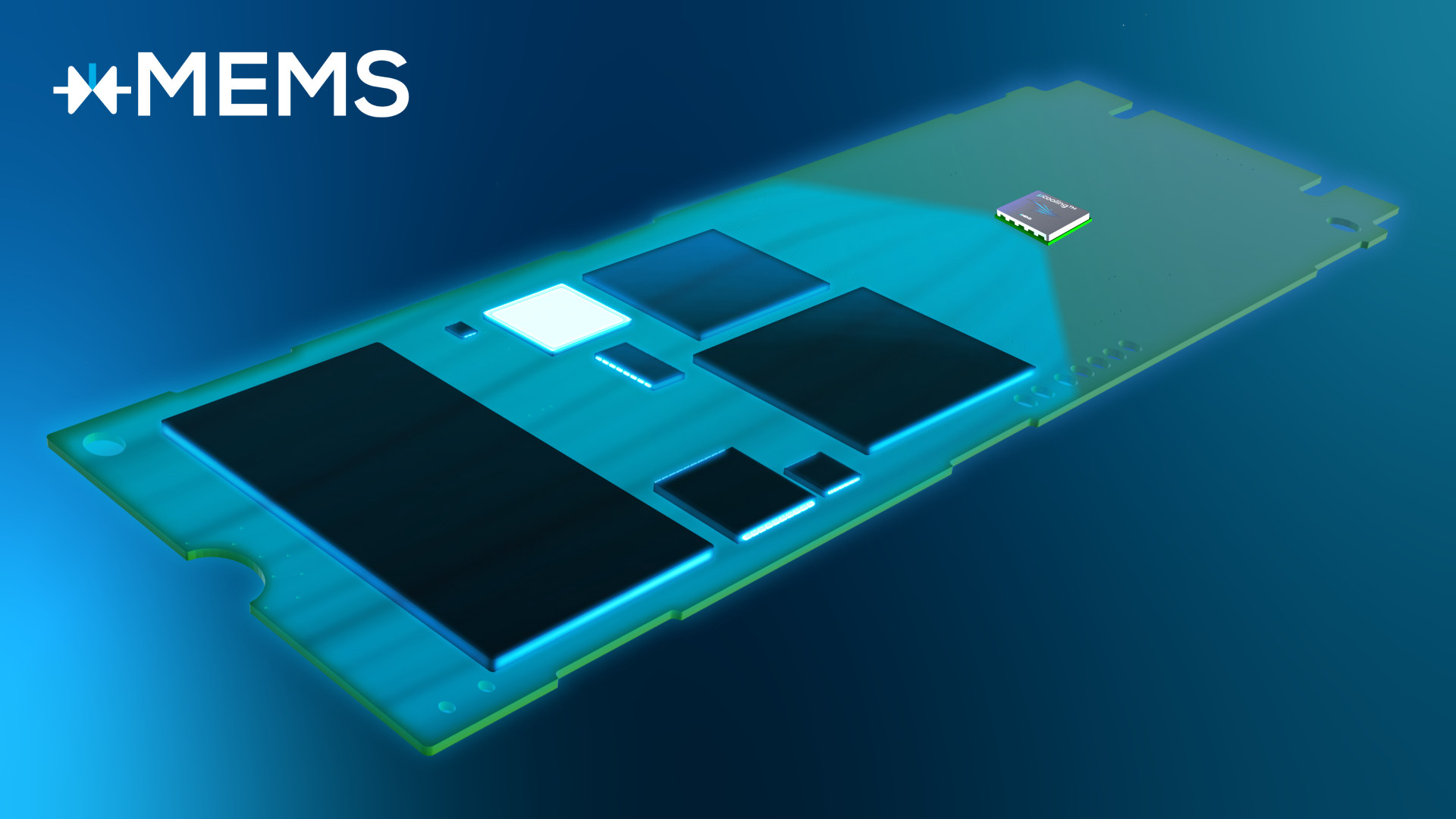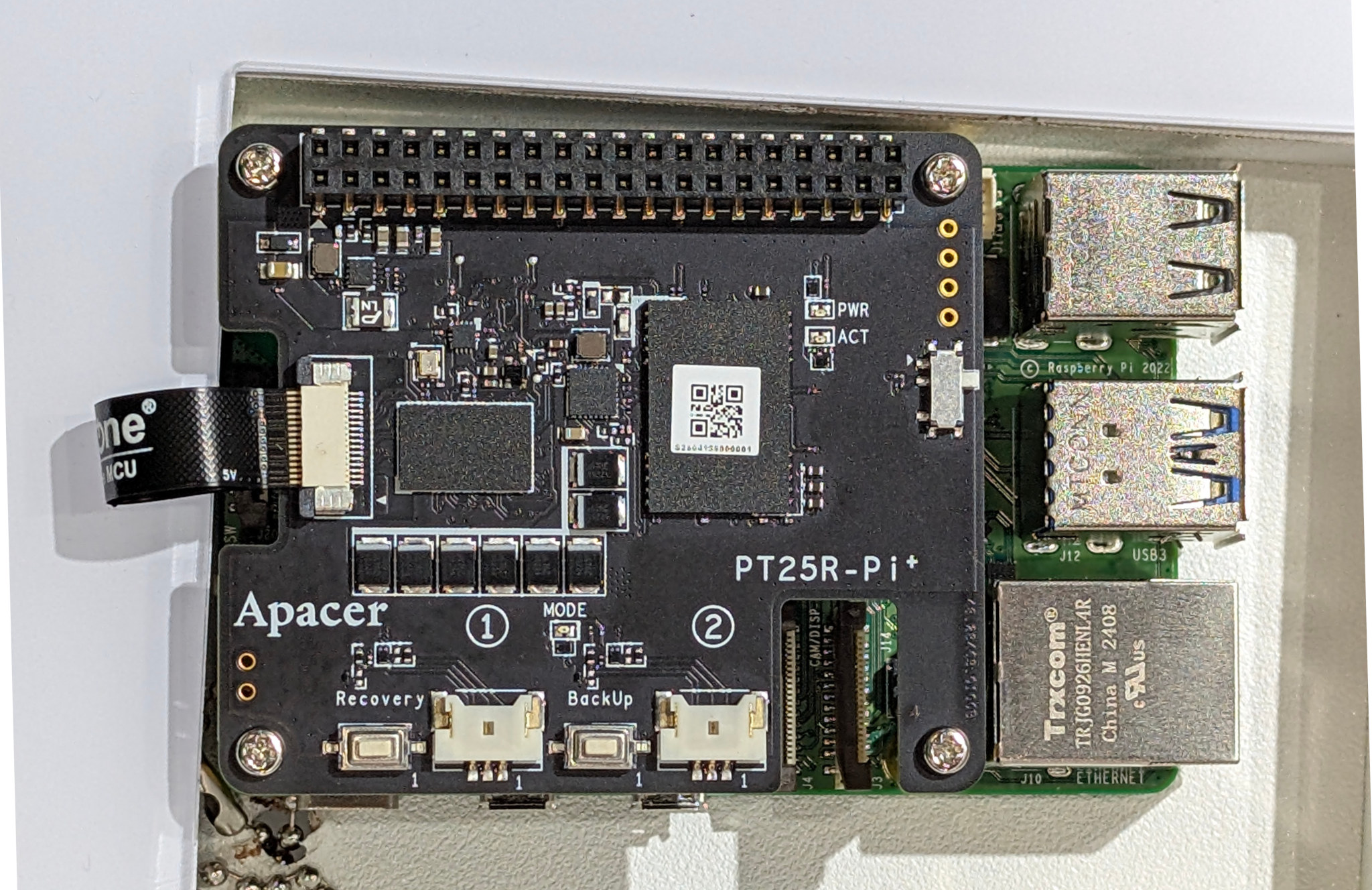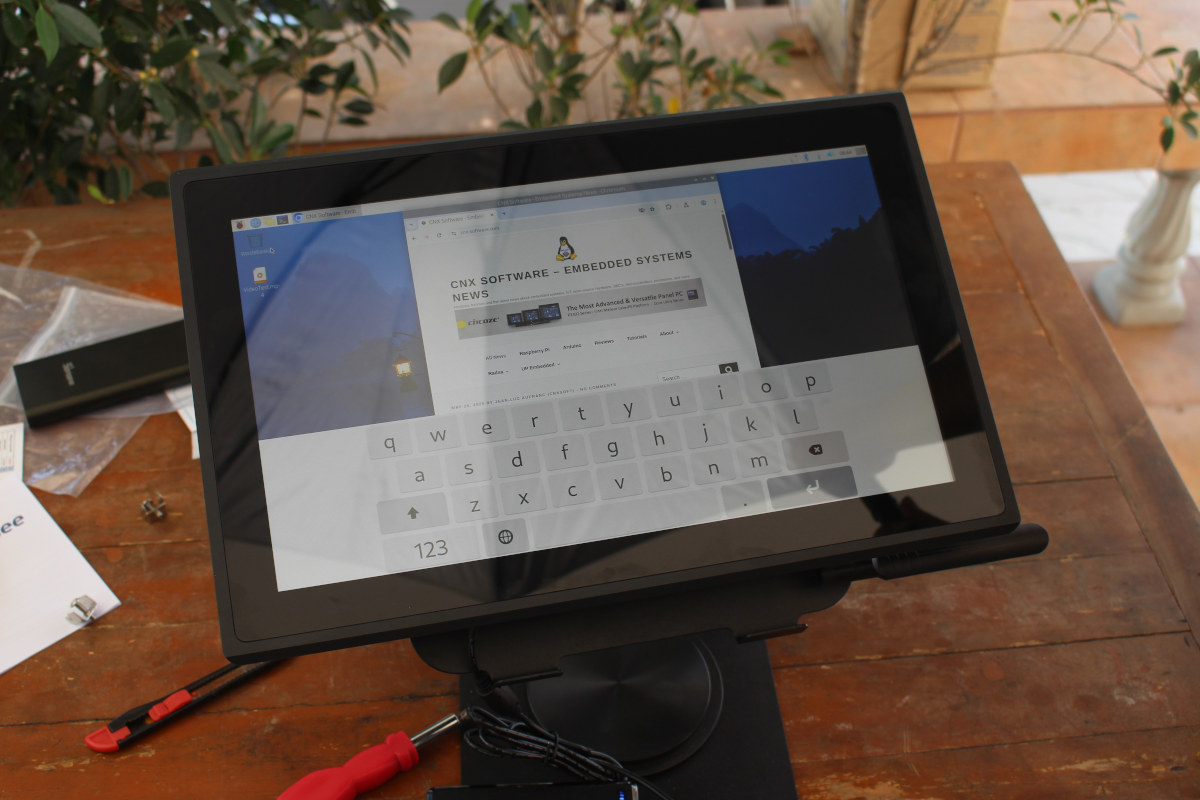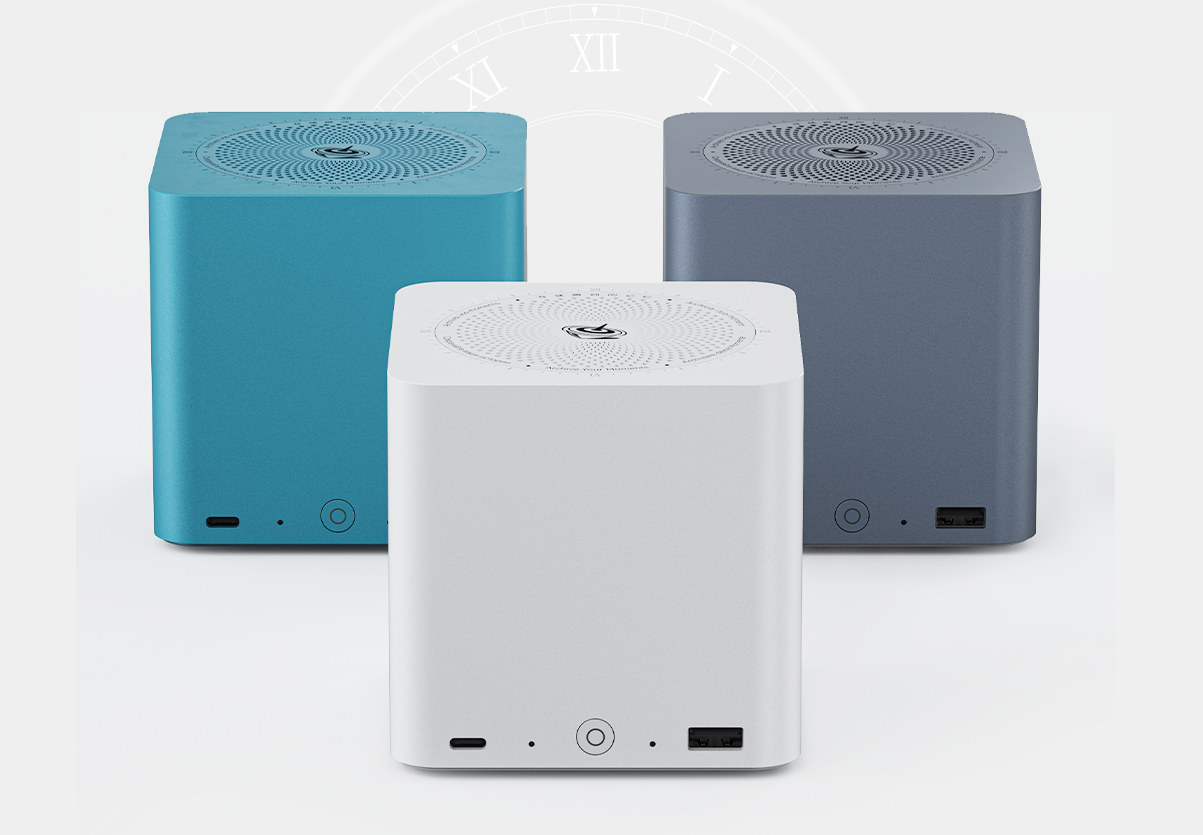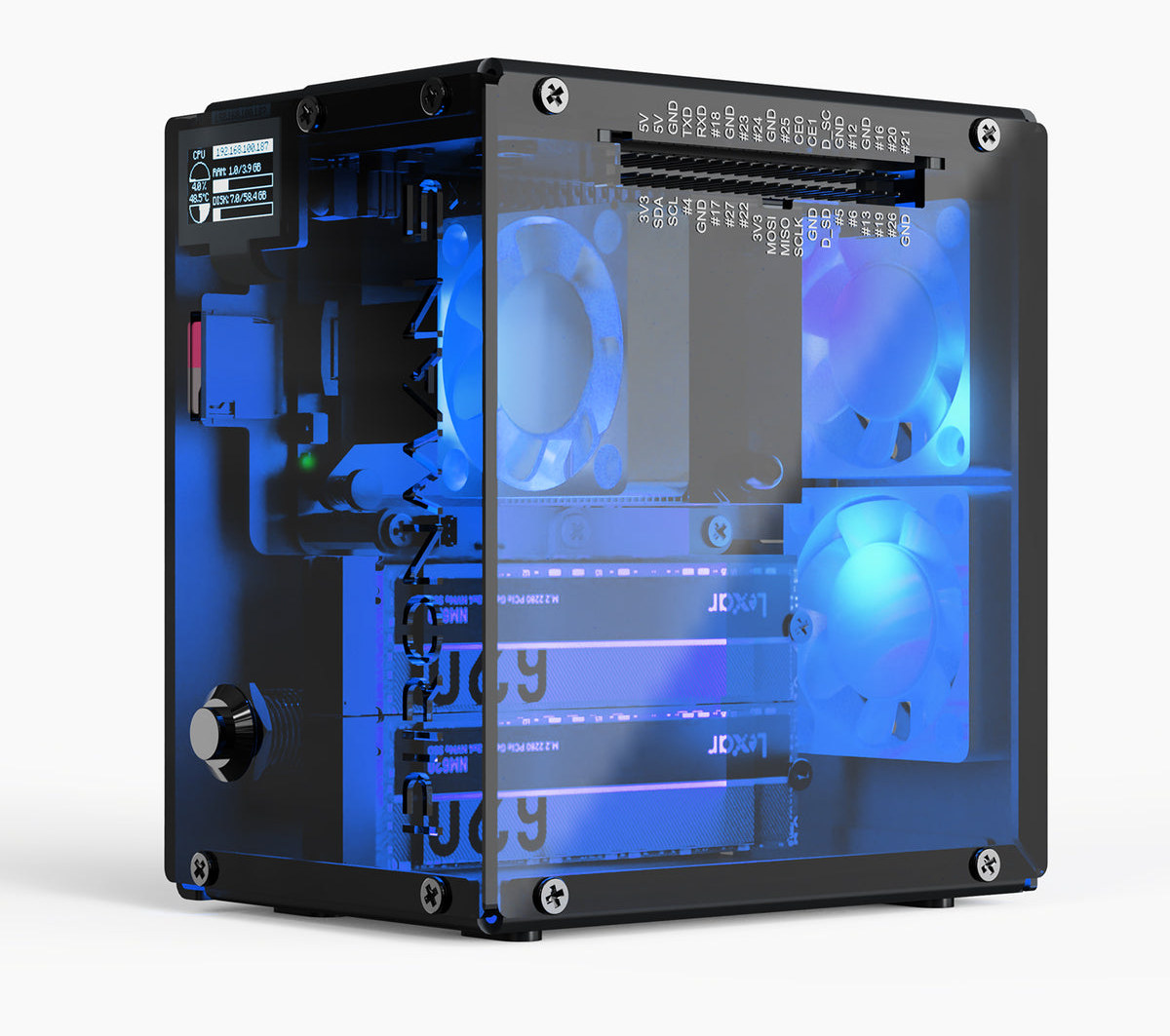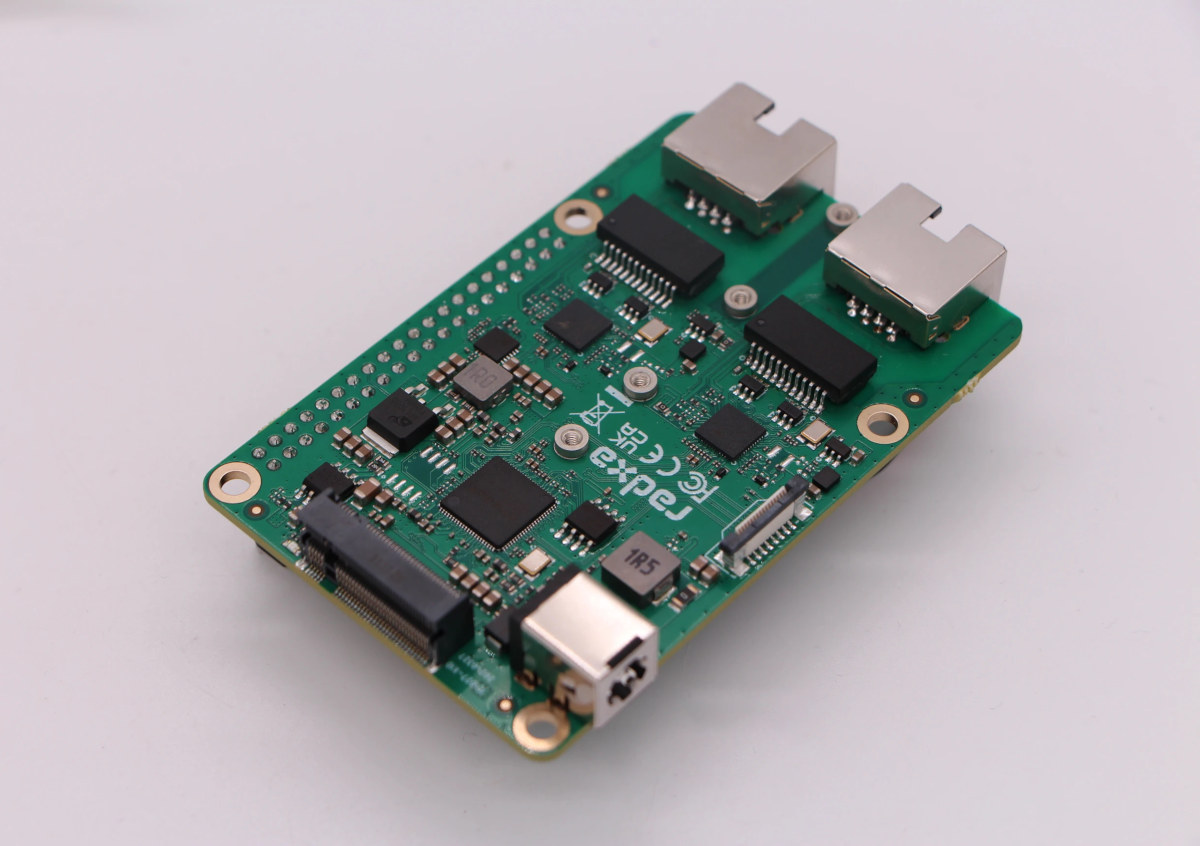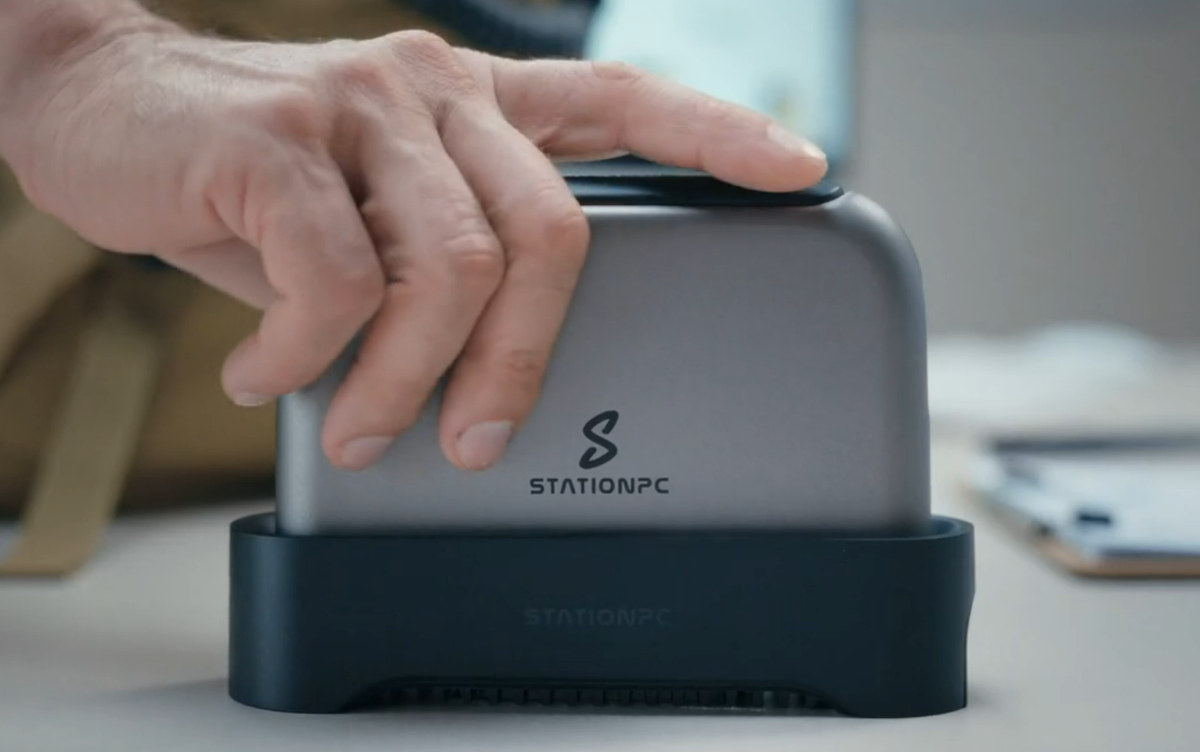The SD Association released the SD 7.1 standard with support for cards compliant with the microSD Express standard, enabling SSD-like performance on microSD cards by using a PCIe/NVMe interface, and more recent updates to the standard even enable speeds of up to 2GB/s. Saying that adoption has been slow would be an understatement, but things have changed recently, thanks to the introduction of the Nintendo Switch 2 portable game console, the first mainstream device to support the new standard. NVNT has had fun with it by designing a microSD Express to M.2 NVMe adapter (SDEX2M2) for the Nintendo Switch 2 or other devices supporting the microSD Express standard. The board design is pretty simple because it simply routes the PCIe signals from an M.2 NVMe 2230 SSD to the microSD Express connector. Three components can be found on the board: an M.2 2230 M-socket, a 220Ω ferrite bead, and an […]
xMEMS µCooling fan-on-a-chip adds solid-state active cooling to SSDs for laptops and data centers
xMEMS Labs µCooling fan-on-a-chip solution now supports solid-state drives (SSDs) used in NVMe M.2 SSDs used in laptop PCs and enterprise E3.S form factor SSDs used in AI data centers with a temperature reduction of as much as 30%. The solution is based on the same technology as the xMEMS XMC-2400 1 mm-thin micro cooling fan-on-a-chip introduced last year, and aims to replace passive heat spreaders and flow from system fans with a hyper-localized active cooling directly to the NAND flash and controller ICs from within the SSD itself, making it mostly invisible to the user and enabling thinner and more dense designs. If the illustration pictured above matches reality, the xMEMS µCooling fan-on-a-chip is not placed in the chips themselves, contrary to a similar solution like AirJet, but in a strategic location on the SSD’s PCB, so that it can blow air to cool the chips. The chip is […]
Apacer PT25R-Pi HAT SSD for Raspberry Pi 5 integrates 60GB to 480GB BGA SSD, supports CoreSnapshot 2 Backup and Recovery function
Apacer PT25R-Pi HAT SSD is an upcoming HAT for the Raspberry Pi 5 or compatible SBCs with a PCIe FFC connector that integrates a BGA SSD chip with 60 GB to 480GB capacity, and supports advanced features like CoreSnapshot 2 backup and recovery solution, write protect, instant keychange for improved security, and power loss protection. We’ve already seen many Raspberry Pi HATs for NVMe SSDs, but those are typically designed for M.2 SSD modules. The PT25R-Pi HAT SSD comes with built-in storage on the HAT, so it’s basically plug-and-play, and all the user has to do is install the HAT and connect the cable. Apacer PT25R-Pi / PT25R-Pi+ HAT SSD specifications (preliminary): Storage – Built-in 60GB to 480GB SSD chip Connection to Raspberry Pi 5 40-pin GPIO header 16-pin Raspberry Pi FFC connector limited to PCIe Gen2 x1 for optimized power usage Advanced features Optional support for CoreSnapshot 2 backup […]
Chipsee 15.6-inch industrial Panel PC review – Part 1: Unboxing, teardown, and first boot to Raspberry Pi OS
I’ve just received a review sample of Chipsee PPC-CM5-156 15.6-inch industrial panel PC that was recently added to the Raspberry Pi CM5-based Chipsee panel PCs family we covered in February with 7-inch and 10-inch models. I’ll do a two-part review starting by listing the specifications, doing an unboxing and a teardown, and booting the system in the first part, before doing further testing with Raspberry Pi OS and most interfaces and features in the second part. Chipsee PPC-CM5-156 specifications SoM – Raspberry Pi CM5 or CM5 Lite with Broadcom BCM2712 quad-core Cortex-A76 SoC, 2GB, 4GB, or 8GB RAM, optional 16GB, 32GB, or 64GB eMMC flash Storage MicroSD card slot M.2 M-Key 2230/2242/2260/2280 (PCIe Gen2 x1) socket for NVMe SSD Display – 15.6-inch IPS display with 1920×1080 resolution, 10-point capacitive touchscreen with 1mm armored glass, 400 cd/m2 brightness Video Output – HDMI 2.0 port up to 4Kp60 Audio 3.5mm audio out […]
Beelink ME Mini is a compact 6-slot SSD NAS and mini PC powered by an Intel N150 Twin Lake SoC
Beelink was one of the first companies to launch an Intel Processor N150 mini PC with the EQ14 model, and they’ve now launched the ME Mini 6-slot SSD NAS based on the Twin Lake processor, coupled with 12 GB RAM, 64GB eMMC flash, and a 2TB NVMe SSD. The compact NAS/computer also features two 2.5GbE ports, a WiFi 6 and Bluetooth 5.2 wireless module, HDMI 2.0 video output, and a few USB ports. Like the Beelink EQ14, it comes with an integrated 100/240V power supply instead of an external power brick. Beelink ME Mini specifications: SoC – Intel Processor N150 quad-core Twin Lake processor @ up to 3.6 GHz (Turbo) with 6MB cache, 24EU Intel UHD graphics @ 1.0 GHz; TDP: 6W System Memory – 12GB LPDDR5 4800 MHz; note: a 16GB LPDDR5 model will also be available Storage 5x M.2 2280 PCIe 3.0 x1 sockets 1x M.2 2280 PCIe 3.0 […]
Pironman 5-Max tower PC case for the Raspberry Pi 5 gets dual M.2 PCIe sockets, programmable RGB LEDs, new black design
Pironman 5-Max is an update of the Pironman 5 tower PC case for the Raspberry Pi 5 with a new sleeker design made of black aluminum and semi-transparent black acrylic panels. Other improvements include a new dual NVMe PiP expansion board for two M.2 NVMe SSDs in RAID 0/1 configuration, or one NVMe SSD and one AI accelerator module, a Tap-to-Wake feature for the OLED information display, and programmable RGB LEDs for the two fans. Pironman 5-Max specifications: Designed for the Raspberry Pi 5 and compatible SBCs Storage Pironman 5 Dual NVMe PiP supporting 2x M.2 2230, 2242, 2260, or 2280 NVMe SSDs at up to PCIe 2.0 x1 speeds due to switch used; RAID 0/1 support MicroSD card slot equipped with a spring-loaded socket for easy card removal Video Output – 2x full-size HDMI ports Display – 0.96-inch OLED Display showing Raspberry Pi’s CPU usage, temperature, disk usage, IP […]
Radxa Dual 2.5G Router HAT adds 2.5GbE networking and M.2 NVMe storage support to Raspberry Pi 5-compatible SBCs
The Radxa Dual 2.5G Router HAT is an expansion board adding 2.5GbE networking and an M.2 PCIe x1 socket for NVMe SSD storage to the Raspberry Pi 5 and compatible SBCs with a PCIe FFC connector. We had previously seen Raspberry Pi 5 HATs with 2.5GbE such as the Pineberry HatNET! 2.5G, or even one with 2.5GbE and NVMe SSD (52Pi W01 U2500 HAT), but the Radxa Dual 2.5G Router HAT is the first to implement two 2.5 Gbps Ethernet ports to enable routing, and also features an NVMe SSD as a bonus. Radxa Dual 2.5G Router HAT specifications: Supported SBCs – Raspberry Pi 5, Radxa ROCK 2F, Radxa ROCK 2A, Radxa ROCK 5C, the upcoming Radxa 4D (RK3576), and potentially others PCIe Switch – ASM2806 PCIe 3.0 switch chip with PCIe Gen3 x2 upstream and four PCIe 3.1 lanes downstream up to 8GT/s Storage – 1x M.2 M-Key socket […]
PocketCloud – Battery-powered, portable NAS takes up to 16TB of storage (Crowdfunding)
Firefly’s PocketCloud is a battery-powered, portable NAS powered by a Rockchip RK3568B2 quad-core Arm Cortex-A55 SoC with 4GB LPDDR5 of RAM and a 32GB eMMC flash for the OS, and supports up to 16TB of NVMe SSD storage. It’s comprised of the battery-powered PocketCloud itself with WiFi 6 and Bluetooth 5.2 connectivity, and an optional dock with 2.5GbE networking and an additional M.2 NVMe socket. Since I’m unable to find a 16 TB M.2 NVMe SSD for now, I suppose the 16TB claim only works with an 8TB + 8TB configuration with one SSD in the main unit, and the other in the dock. PocketCloud specifications: SoC – Rockchip RK3568B2 (as found in ODROID-M1 SBC) CPU – Quad-core Cortex-A55 processor @ up to 2.0 GHz GPU – Arm Mali-G52-2EE AI Accelerator – 1TOPS NPU System Memory – 4GB LPDDR4 Storage 32GB eMMC 5.1 flash M.2 PCIe Gen3 socket for M.2 […]


